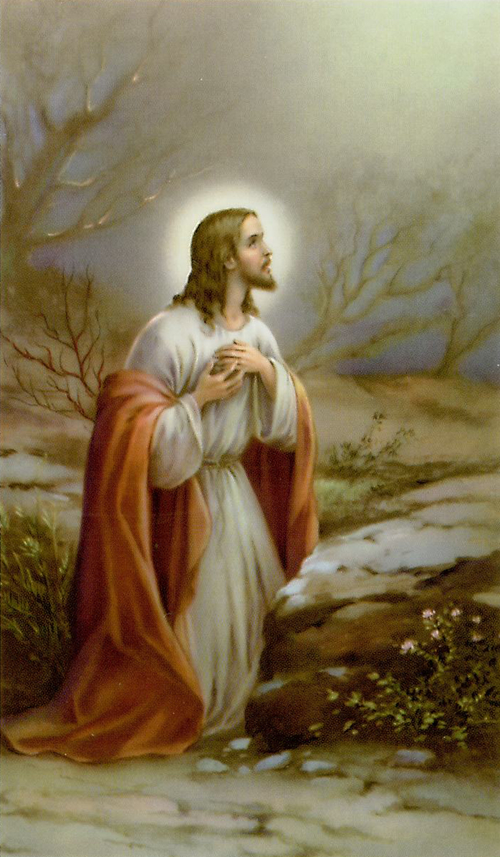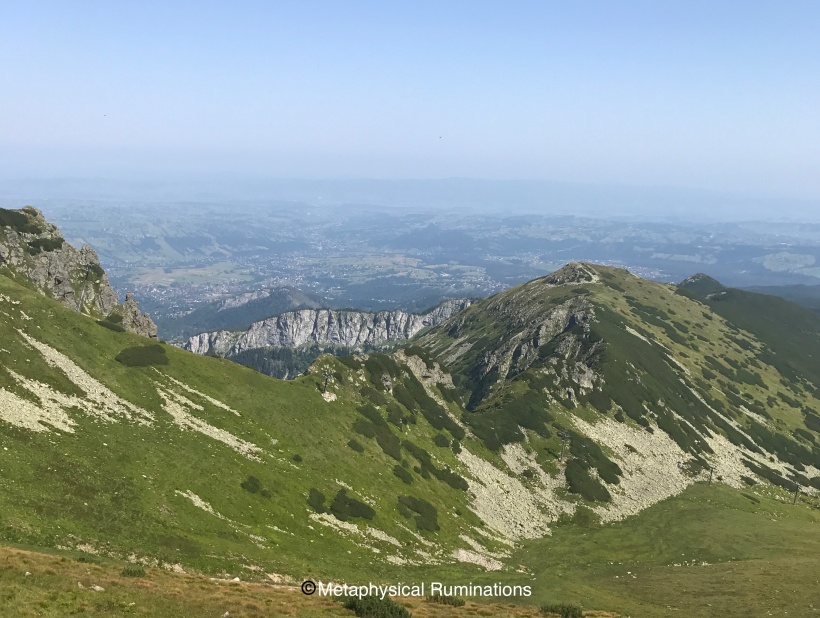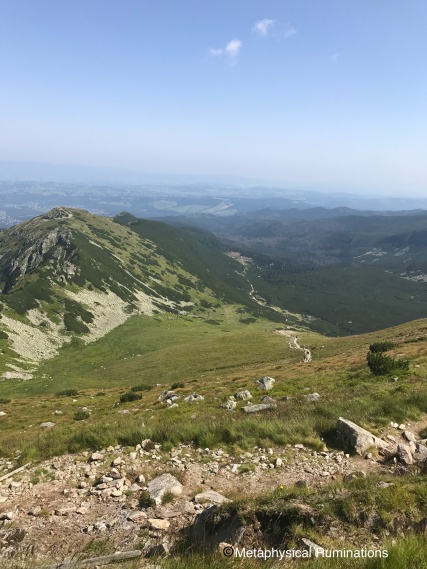The information provided in this series ont he Beatitudes is based on Scripture and articles published in “The Rosary Light & Life” Newsletter. This newsletter is publised through the Rosary Confraternity. If you pray the rosary regulary, please consider visiting the Rosary Confraternity website to learn more about it. [www.rosarycenter.org]
“Blessed are they who hunger and thirst for righteousness, for they will be satisfied.”
In the first three Beatitudes we see a relationship between ourselves and things of this world. The Poor in Spirit is the reality that we must not focus on this world, but we must also develop ourselves spiritually to prepare us for an encounter with Christ. When we learned about those that Mourn, we see the pain and suffering of sin. This pain and sufferring is in us, and in the Body of Christ that we interact with. Finally, the Meek are those that have the ability to self govern themselves and not take what they want from this world without need or necessity. We see that the Meek do not demonstrate power over others for self gain, or self identification.
Each of these Beatitudes requires that we reflect on what we need in this life, and what we want. We can see that goods that are a product of this world [sex, power, money] may have imense immediate appeal, but they do not create lasting satisfaction. Only God can fully satisfy us through the joy of his grace and love. God is so immense that He fills our infinite longing. God then becomes the only true possession that is not subjected to the threat of loss by our actions in this world.
In these next Beatitudes we see how hunger and thirst for righteousness, mercy, and confront us with the moral choices we make in our relationship with God. St. Tomas Aquinas described the second happiness as the happiness of “activity”. This “activity” is our active participation in the life of others, in the Mass, and in the presence of God in our lives.
Justice
In many ways justice is something we learn at a young age. If we have siblings we learn it more quickly, because we often express the disire to have fair treatment.
From this we have developed two types of justice in our mental reasoning. The first is justice between ourselves and others [our neighbor]. The second is the justice that exists between God and ourselves.
When we often think of justice with others we think of righting a wrong done towards us. The person that cuts us off while driving, the person that cheated us out of money, the person that is the cause of a car accident, the thief that takes, and the person that offends us. These are all situations that we imagine, when we think of justice. Justice becomes the act of retribution, and the “just judgement” given for the offense.
This segues into our view of judgement and God. Often when we think of judgement we imagine the Book of Revolations and the final days of judgement. If we are bible savy we might think of Matthew 25 where Jesus puts the sheep on his right and the goats on his left. We might even spend time trying to hope and imagine that we are one of the sheep that get into heaven.
God is a just and merciful God. We may sometimes do things that might be sinful, or things that we don’t think “are too bad” because we trust that God will be merciful. Instead we use the mercy of God as justification for our actions. We abuse the mercy of God for our own will and pleasure in this world.
We can now see how these two forms of justice are self-centered, and even selfish. In the first, we concern ourselves for what the other person did to us. In the second, we focus on the forgiveness of God and His mercy to “Let us off the hook.”
The harder task is the abandonment of self-centered thought. We cannot truly grow in the virtue of justice unless we look outward instead of inward. We must see that real justice is in how we treat others. Not in the way that they treat us. Crucifixion was not a tool employed by Jesus to gain a seat at the right hand of God. He accepted crucifixion selflessly for the forgiveness of our sins. He was blameless, but took our blame to achieve the possibility of our salvation. This is authentic justice. The selfless act for the better of others.
Prayer
In previous articles we have explored differences in technique of prayer and the purpose of prayer. We have discovered that prayer should not resort to petitions [pleas for our needs] alone. When our prayer life is only filled with petition we pray selfishly and only pray to ask for more.
“Prayer is nothing else than union with God… in this intimate union God and the soul are like two pieces of wax moulded into one; they cannot any more be separated. In our life of prayer we become like God by surrendering our wills to God’s and allowing ourselves to do as God commands us.” -St. John Vianney
By releasing our intent on ourselves we can open ourselves to God’s will for us. The act of opening ourselves up, trusting in God to help us, and leaving things in God’s hands are part of the virtue of Justice.
We act and live doing for God, instead of what God does for us.
Sometimes we can get angry with God. Sometimes people leave the Church because they think that God hates them, or that God does bad things to people. When we allow ourselves to fall into this thought we stray away from true Justice. We stray away from acting for God and focus on the current trials in our lives as if they were intently for us. True justice happens when we face difficulties and we do not lose hope, faith, or site of God in our life. It is then that God reveals himself to us and protects us.
Conclusion
When we start to learn what true justice is we build a hunger and thirst for it. We learn that God is offering so much for each of us, but waits for our fulfillment of the needs of others. When we strive for others, God’s grace and blessings overflow into us. This becomes the meaning of Justice, and the meaning we should focus on.
Jesus’ encounter with the Samaritan woman explains the Justice of God, to whom He says, “anyone who drinks the water I shall give will never be thirsty again.” For each of us, that does the will of God, will never hunger and thirst again.






